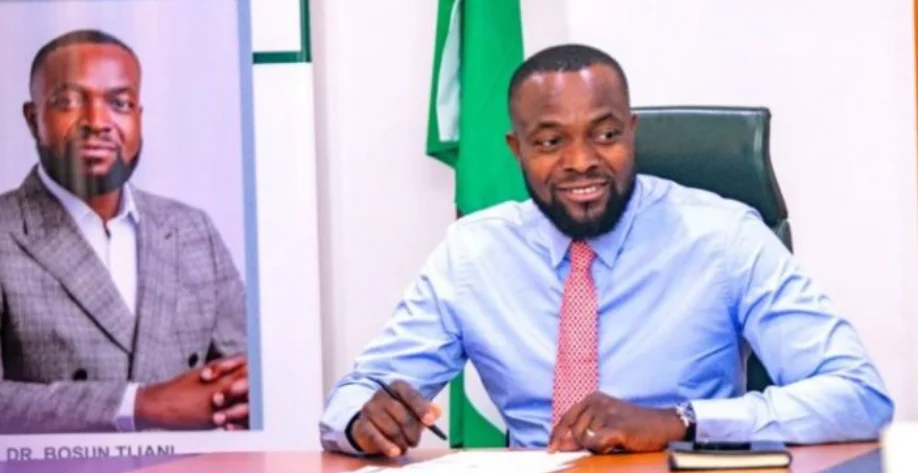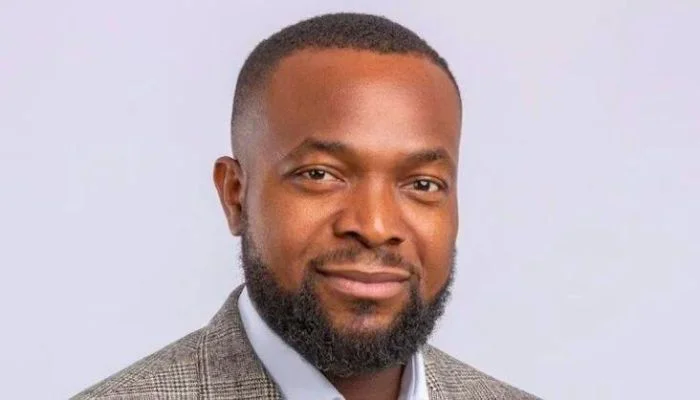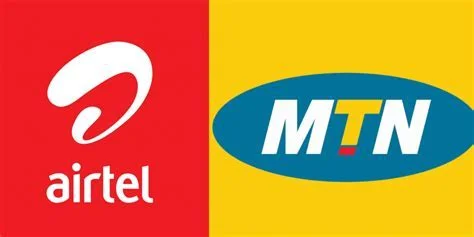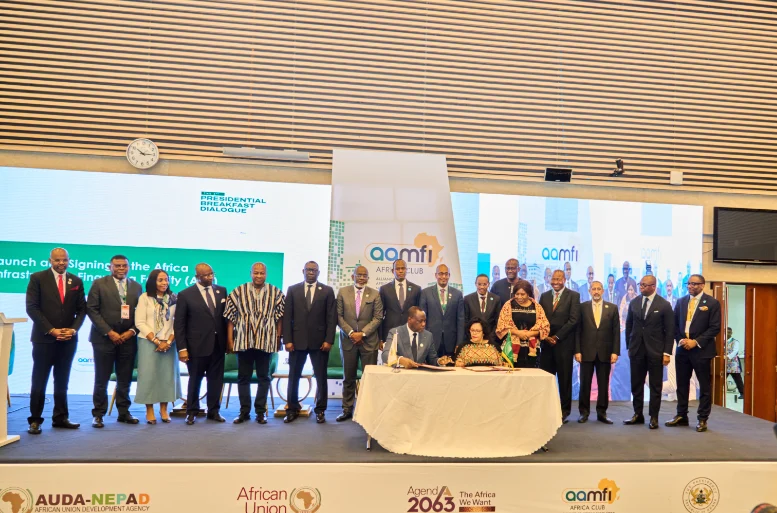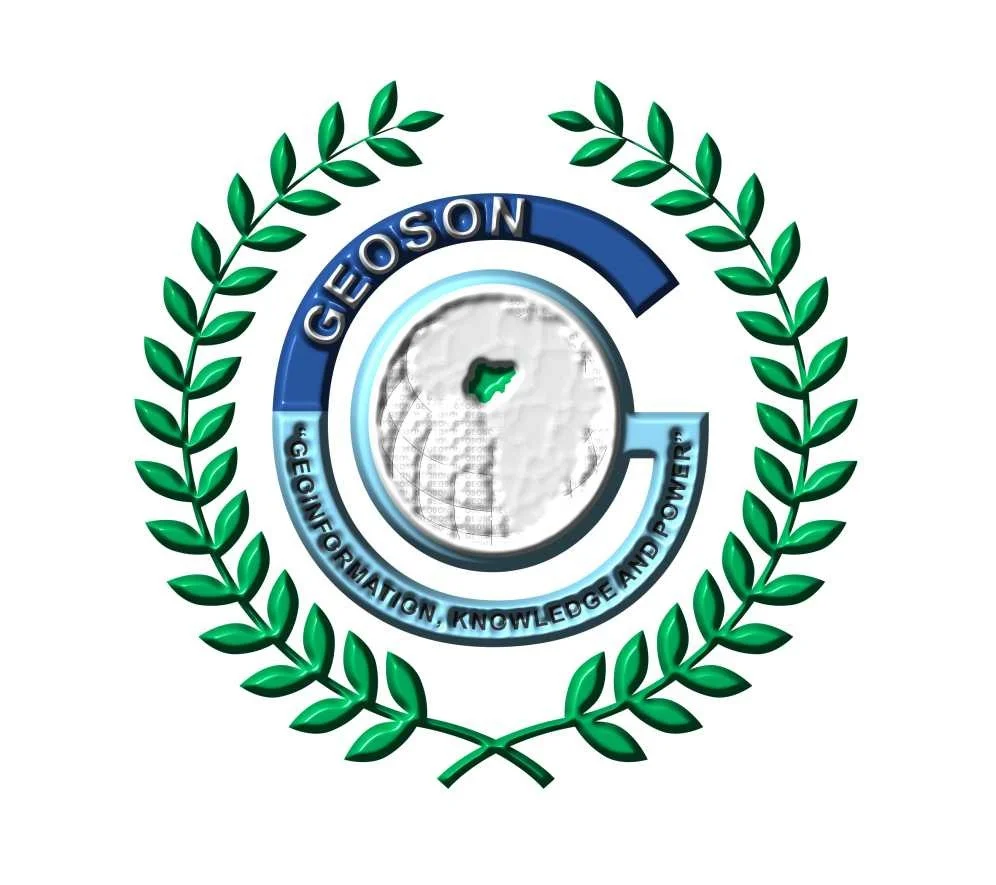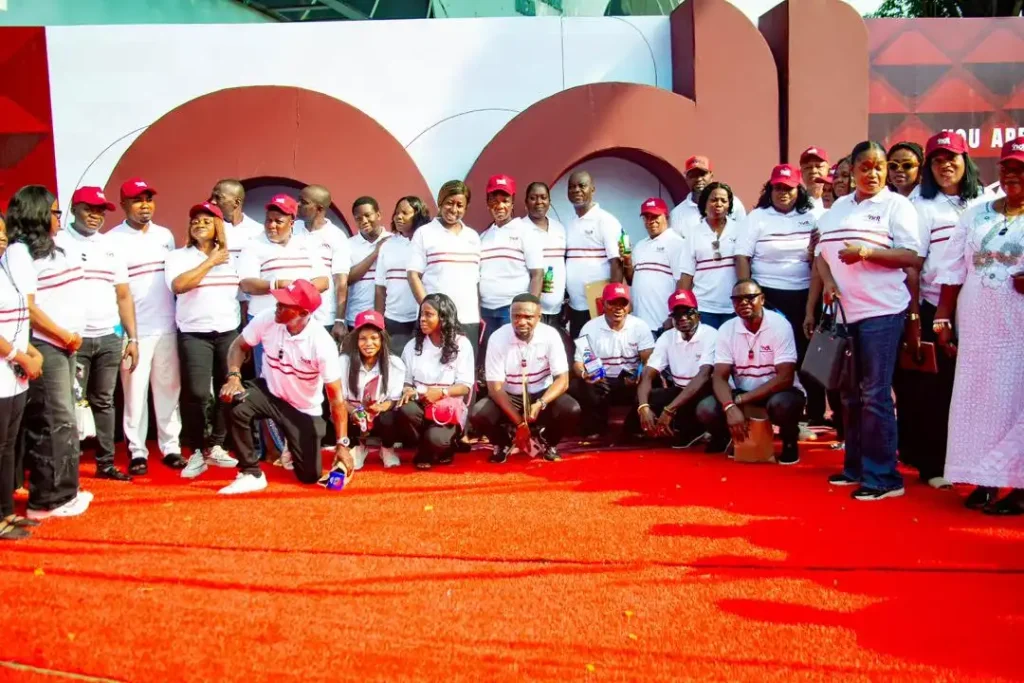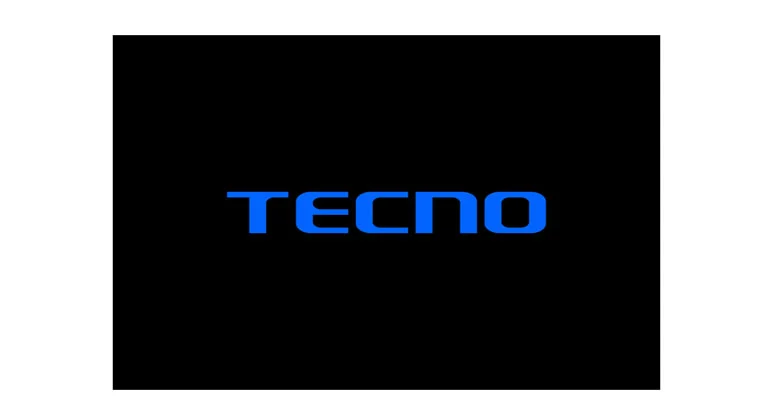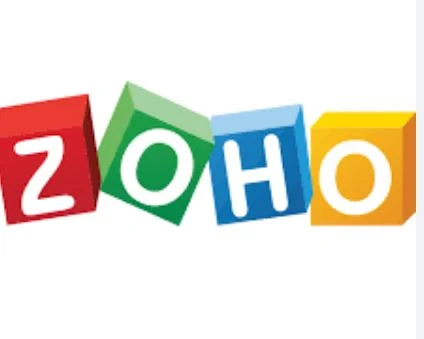Nigeria Launches $2 Billion Broadband Project
Nigeria’s Minister of Communications, Innovation and Digital Economy, Dr. Bosun Tijani, says the government’s new $2 billion broadband project will transform the nation’s economy and establish Nigeria as Africa’s next technology hub.
Speaking at the 31st Nigerian Economic Summit in Abuja during the plenary session on Smart Growth, Digital Leap hosted by IHS Towers, Tijani said the broadband initiative will drive digital inclusion and unlock Nigeria’s digital wealth.
Public-Private Model for Nationwide Connectivity
Tijani explained that the project adopts a hybrid financing model — with 49% government and 51% private sector funding — and aims to achieve universal broadband coverage across all 774 local government areas within three years.
“Connectivity is not optional. It’s the foundation of productivity,” the minister said.
According to data from the National Bureau of Statistics (NBS), the ICT sector contributes around 15% to Nigeria’s GDP — one of the highest in sub-Saharan Africa. Despite this, broadband penetration remains at about 50%, leaving millions of Nigerians without access to high-speed internet.
Citing World Bank data, Tijani noted that a 10% increase in broadband access can raise GDP by up to 2% annually, highlighting the link between digital access and economic growth.
Project Partners and Implementation
The $2 billion broadband plan is being supported by major global institutions, including the World Bank, the International Finance Corporation (IFC), and the Africa Finance Corporation (AFC).
Tijani also revealed that broadband would be classified as national critical infrastructure, a move expected to attract more private investment and reduce operational costs for telecom operators.
He praised IHS Towers’ innovation hub project as an example of a successful public-private partnership, designed to train thousands of young Nigerians, provide startup incubation, and connect innovators with global investors.
Economic Impact Across Multiple Sectors
The minister stated that the benefits of the broadband project will extend far beyond the tech industry.
He cited estimates showing that expanding rural broadband access could add up to $25 billion annually to Nigeria’s agricultural output, helping diversify the economy.
Through the government’s 3 Million Technical Talent (3MTT) program, Nigeria is already training digital professionals in Artificial Intelligence (AI), cloud computing, cybersecurity, and data analytics—with about 4% focusing on AI.
Tijani commended President Bola Tinubu’s administration for positioning broadband as essential national infrastructure through tariff reforms and clearer regulatory frameworks that attract new investments.
Private Sector Endorsement: IHS Towers’ Perspective
The Chief Executive Officer of IHS Nigeria, Mr. Mohamad Darwish, described Nigeria’s digital ecosystem as one of Africa’s most dynamic, despite ongoing challenges such as infrastructure gaps and unreliable power.
“Today, our country stands tall as Africa’s most vibrant startup ecosystem and one of the world’s leading creative communities,” Darwish said.
He noted that the rapid growth of internet access has revolutionised small businesses, e-commerce, and mobile payments. However, he warned that digital literacy and infrastructure deficits must be addressed through collaboration between government and private sector players.
Darwish added that expanding broadband coverage, combined with community-based digital skills programs, would empower millions more Nigerians to participate in the digital economy.
“We cannot build a prosperous and inclusive Nigeria by 2030 without digital technology at its core,” he said.
Broadband Deficit Costs Nigeria $15 Billion Annually
Yinka Isioye, Chief Experience Officer at FibreOne, one of Nigeria’s leading broadband providers, emphasised that Nigeria’s broadband gap costs the nation $15 billion every year due to slower internet speeds and high access costs.
Citing World Bank research, Isioye explained that a 10% increase in broadband penetration can drive up to 1.4% GDP growth in developed countries. For Nigeria, he projected that an additional 30% broadband coverage could unlock $19 billion in economic value and boost GDP by $45 billion annually.
Beyond financial losses, Isioye warned that over 45 million students risk exclusion from digital education, while limited internet access continues to affect telehealth services in rural areas.
He identified major obstacles to broadband expansion, including:
- Fibre deployment costs reaching up to $50,000 per kilometre
- Power instability, where 30–40% of operational expenses are spent on energy
- Low Average Revenue Per User (ARPU) of $10–$20, compared to $50 in developed markets
Nigeria’s Digital Future
With strong backing from the World Bank, IFC, and AFC, and policy leadership from Dr. Bosun Tijani, Nigeria’s $2 billion broadband plan is positioned to bridge the digital divide, accelerate economic growth, and solidify Nigeria’s place as Africa’s next global tech hub.

